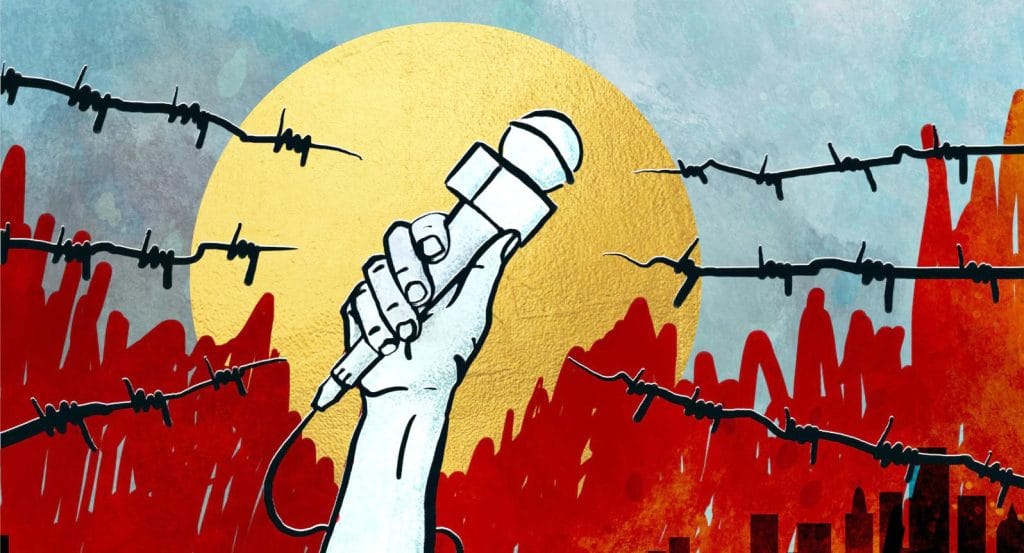Large corporations and governments use the media for manipulation in their favor.
This phenomenon is commonly referred to as “media capture.” Although it has existed throughout history, its influence has significantly expanded in recent years.
A major factor behind this increase is the widespread use of social media as a source of news.
THE ROLE OF MEDIA IN A DEMOCRATIC SOCIETY
Ideally, the media should inform the public, represent diverse social groups, and hold powerful actors accountable. Therefore, this shift in media dynamics is harmful to society and poses a serious threat to democracy. Media in regions like Africa and Latin America is especially vulnerable to this threat.
GLOBAL AND REGIONAL DYNAMICS
Globally, one of the most striking examples of this trend was seen after the 2008 financial crisis, when financial institutions began to influence economic journalism.
In Africa, some governments exert pressure on journalists and editors. This pressure can be direct or indirect. An example of indirect pressure is cutting off advertising revenue to media outlets.
BOOK: MEDIA CAPTURE IN AFRICA AND LATIN AMERICA
The book “Media Capture in Africa and Latin America: Power and Resistance” edited by Hayes Mawindi Mabweazara and Bethia Pearson, explores this issue in depth.
It includes compelling case studies from countries such as Colombia, Brazil, and Mexico in the Americas, and Ethiopia and Morocco in Africa.
RESISTANCE EXAMPLES: PROMISING ACTIONS
The book also offers potential solutions. For example, in Ghana, the Ghana Journalists Association and the Ghana Independent Broadcasters Association took legal action against the country’s media regulator to repeal laws that could lead to censorship.
LONG-TERM SOLUTION: MEDIA LITERACY
However, for a lasting solution, citizens need to be educated about media literacy.
People must learn how to identify trustworthy news sources and become aware of the content they consume on digital platforms.



